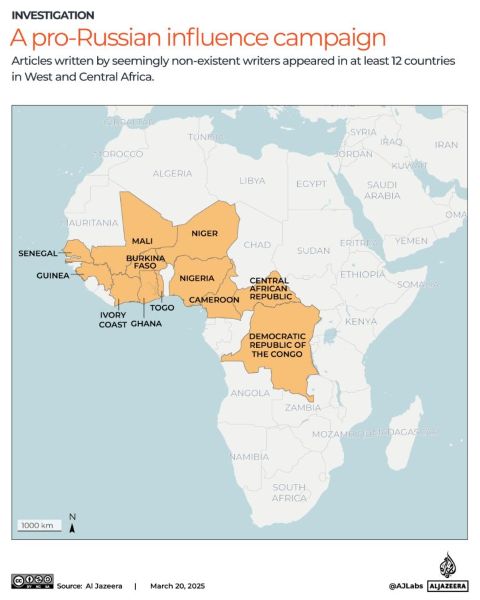Authoritarian regimes maintain full control over their domestic media landscapes, which consistently churn out disinformation and misinformation. They also use affiliated agencies abroad to amplify these narratives. In countries where media and academia lack the freedom to operate and publish independently, disinformation is more effective in advancing the regime’s agenda.
Authoritarian and illiberal regimes often play the long game, which is essential to the “success” of disinformation. Leaders in such systems tend to remain in office indefinitely, allowing for a consistent approach to narrative control. Disinformation thrives when a particular message is repeated consistently over time. In contrast, democracies may change course with each election.
ALSO READ The weaponization of disinformation in Africa’s security crises, By Fidel Amakye Owusu
For example, the Trump administration may have reversed aspects of Biden’s foreign policy (including propaganda efforts, if any), whereas Vladimir Putin has effectively led Russia since December 31, 1999 (except for the arranged Medvedev interlude). This continuity means that Russia’s disinformation agenda has had no major interruptions, allowing it to gain traction—sometimes with long-lasting effects.
Authoritarian systems can prioritize disinformation campaigns and commit significant resources to them without internal opposition or scrutiny. It should come as no surprise that some rising powers are successfully pushing disinformation agendas in Africa. They sponsor media corporations that employ many locals. Even as Russia faces economic strain from the war in Ukraine, the Kremlin continues to fund its propaganda efforts abroad—without domestic pushback or debate.

Authoritarian regimes often support their like-minded counterparts in Africa. Following military coups in several West African states, Russian disinformation efforts have increasingly targeted audiences in those countries. The Kremlin has openly welcomed junta leaders in uniform, and the effects are visible: voting patterns in the UN General Assembly on Ukraine-related resolutions have shifted in Russia’s favor. In geopolitics, unlike in magnetism, like poles often attract.
States that prohibit and violently suppress mass protests are more likely to engage in harmful disinformation campaigns abroad. In countries where protest is permitted, citizens can express displeasure with their government’s foreign policies. For example, during the 1970s, many U.S. citizens protested against their government’s support for Apartheid South Africa. In contrast, in some authoritarian countries, protesting government action—even on foreign policy—can be fatal. Organizers may “fall” from windows. In such environments, foreign policy is shielded from any form of domestic scrutiny.


